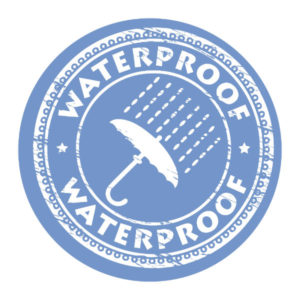Chimney Leaks and Water Damage
 Water and Masonry
Water and Masonry
Once water is inside the masonry it can cause a host of issues including:
- Rusted damper assemblies, fireplace accessories, and glass doors
- Deteriorated metal or masonry firebox assemblies, central heating system, and flue lining system
- Rotting adjacent wood and ruined wall coverings and ceilings
- Water stained walls, ceiling, and chimney exterior
- Clogged clean-out area
- Decayed exterior mortar and collapsed hearth support
- Tilted chimney structure and chimney settlement
This type of damage is solely caused by chimney leaks and can be prevented.
Diagnosing Your Chimney Leak
The damage caused by water penetration isn’t noticeable right away. In fact, by the time these things are noticed, there is extensive damage unseen to the homeowner’s eye.
Three signs that mean you may have a leaky chimney include:
- A stinky chimney, especially one that smells musty is cause from a leaky chimney.
- Less efficiency is generally caused because of an issue such as a chimney leak. Water causes parts to work incorrectly as well as the draft is less effective.
- Stains on interior and exterior masonry means that water is causing discoloration and the mortar has been penetrated.
- Leaks and stains on interior of the house including walls and ceilings. The walls and ceilings don’t even have to be near the chimney because water runs to the lowest place, and then leaks through the weakest portion of ceiling or wall. Water can run several feet or rooms away from the chimney leak itself before physically leaking through the ceiling materials.
Let the Chimney Professionals Repair Your Leaky Chimney
The most common causes of chimney leaks are relatively easy fixes. These include chimney cap repair or installation, replacing or sealing the chimney crown, and repairing or replacing the chimney flashing. All of these things work to keep water out, but none of them are permanent solutions. The best way to insure your chimney is properly waterproofed is to schedule your annual chimney inspection with Chief Chimney today. For the safety of your family and the longevity of your chimney system, it’s vital that you have your chimney waterproofed by a professional.
To learn more about waterproofing services, contact Chief Chimney Services today at 631-863-2460 or request an appointment online.

